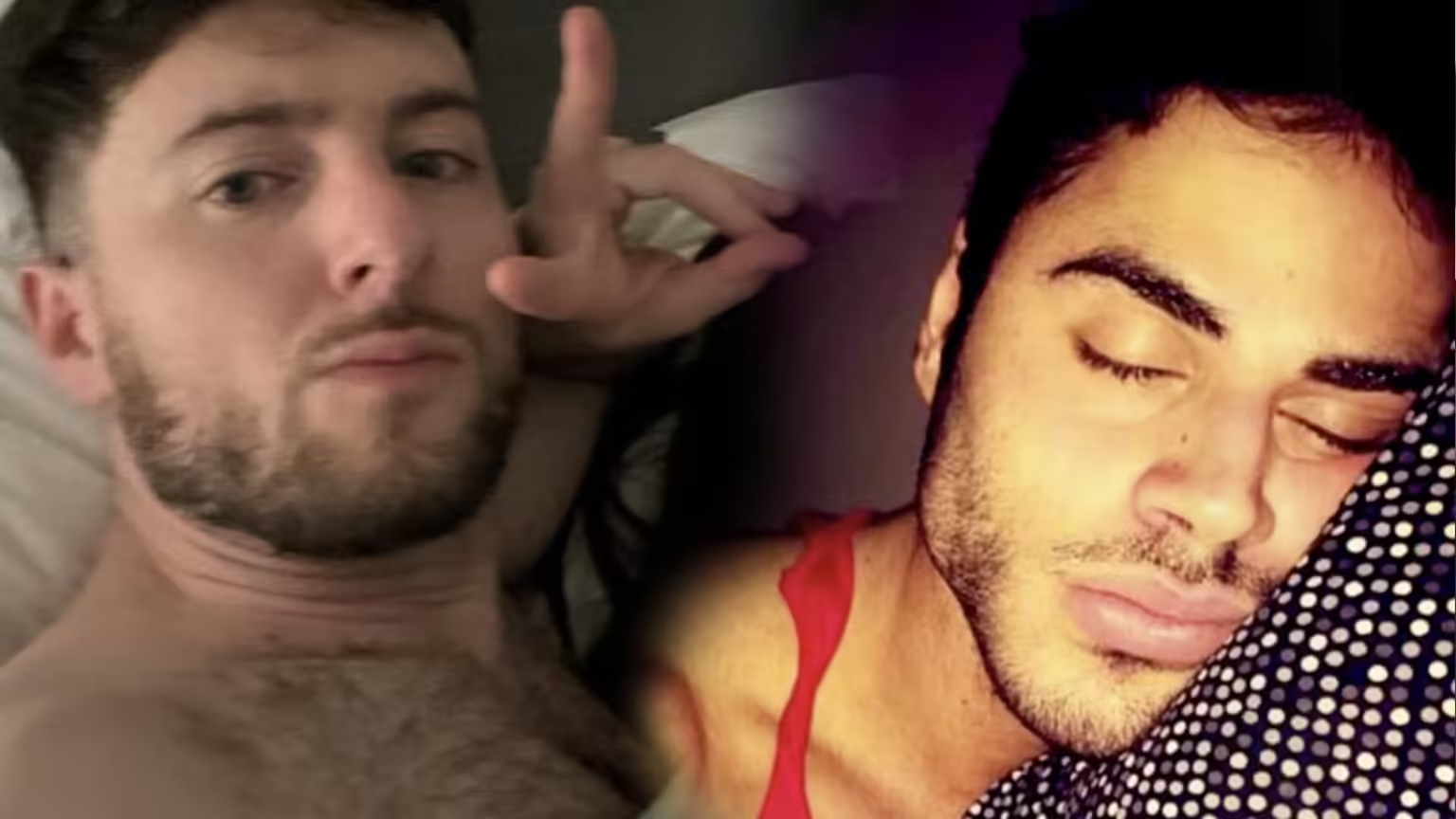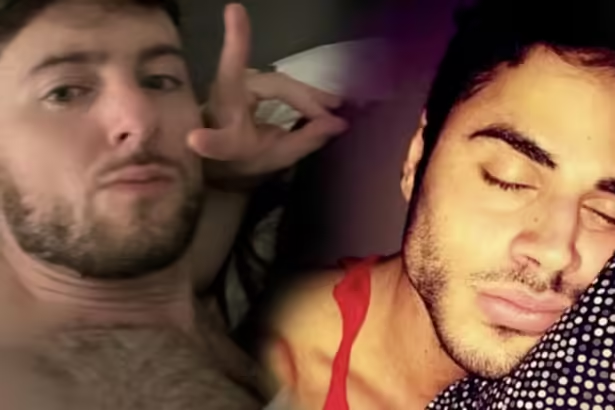In 2024, Daniel Prieto Jr. filed a lawsuit against Vitaly Zdorovetskiy, a well-known YouTuber and Kick streamer, following a controversial incident related to Vitaly’s “Catching Predators” series. The lawsuit details allegations of defamation, entrapment, and psychological harm. This article provides an in-depth look at the case, the background of both parties, and the legal implications involved.
Background of the Allegations: “Catching Predators” Series
Vitaly Zdorovetskiy, a YouTuber and Kick streamer, gained attention through his “Catching Predators” series, in which he allegedly set up scenarios to identify individuals engaging in inappropriate behavior. According to court documents, Daniel Prieto Jr. asserts that he was wrongfully accused and entrapped in one of these videos. Prieto alleges that Vitaly posed as a different individual and later accused him of inappropriate behavior, leading to public defamation.
Prieto’s lawsuit asserts that Vitaly’s actions led to both emotional distress and reputational damage. Court records detail claims that Vitaly misled Prieto, resulting in false portrayals of him within the content Vitaly shared publicly.
Key Allegations:
- Defamation: Prieto argues that Vitaly’s accusations caused significant harm to his reputation.
- Entrapment: The lawsuit alleges that Vitaly’s portrayal of the situation was manufactured, leading to false perceptions.
- Psychological Harm: Prieto claims the public exposure caused him severe emotional distress, exacerbated by the wide viewership of the video content.
Legal Complaint and Court Proceedings
The formal complaint was filed with Trellis Law in California, listing Vitaly Zdorovetskiy as the primary defendant and Sniffles, LLC (a company associated with Vitaly) as a co-defendant. The document provides details on the 17 counts in the suit, which include libel, slander, invasion of privacy, and emotional distress. The document asserts that the accusations made by Vitaly were not only harmful but intended to misrepresent Prieto’s actions maliciously.
According to lawyer Rob Freund, who shared insights on the case, the lawsuit raises questions about the ethical boundaries of creating content designed to expose individuals and the liability content creators hold for potential harm. He noted that public defamation cases often rest on the intent behind the creator’s actions, especially when the content’s reach extends to a large audience.
Possible Implications and Legal Considerations
This case may set an important precedent regarding online content creators and the legal limits of exposé content. With digital content widely accessible, the reputational harm stemming from false accusations can be extensive. Defamation lawsuits of this kind focus on proving whether the accused party intentionally sought to damage another’s reputation, and Prieto’s legal representation appears to argue that the portrayal was intended to cause public harm.
- Content Creator Accountability: This case highlights the need for transparency and accountability among YouTubers and streamers engaging in exposé content.
- Defamation and Privacy Law: With online audiences reaching millions, defamation lawsuits are increasingly relevant for influencers and public figures accused of misrepresentation.
- Psychological Impact of Public Exposure: Prieto’s claims of psychological harm underscore the mental health considerations of content that publicly shames or accuses individuals.
Conclusion
The lawsuit between Daniel Prieto Jr. and Vitaly Zdorovetskiy is a significant case in the evolving legal landscape of digital content and defamation. As audiences turn to streaming platforms for content, this case may influence future guidelines on responsible content creation, especially where accusations or personal portrayals are involved.
As court proceedings continue, the outcome will likely affect both parties’ reputations and influence content creators’ responsibilities regarding accurate representation and audience impact. This case serves as a reminder of the potential repercussions of digital content and the importance of ethical storytelling in the online space.

